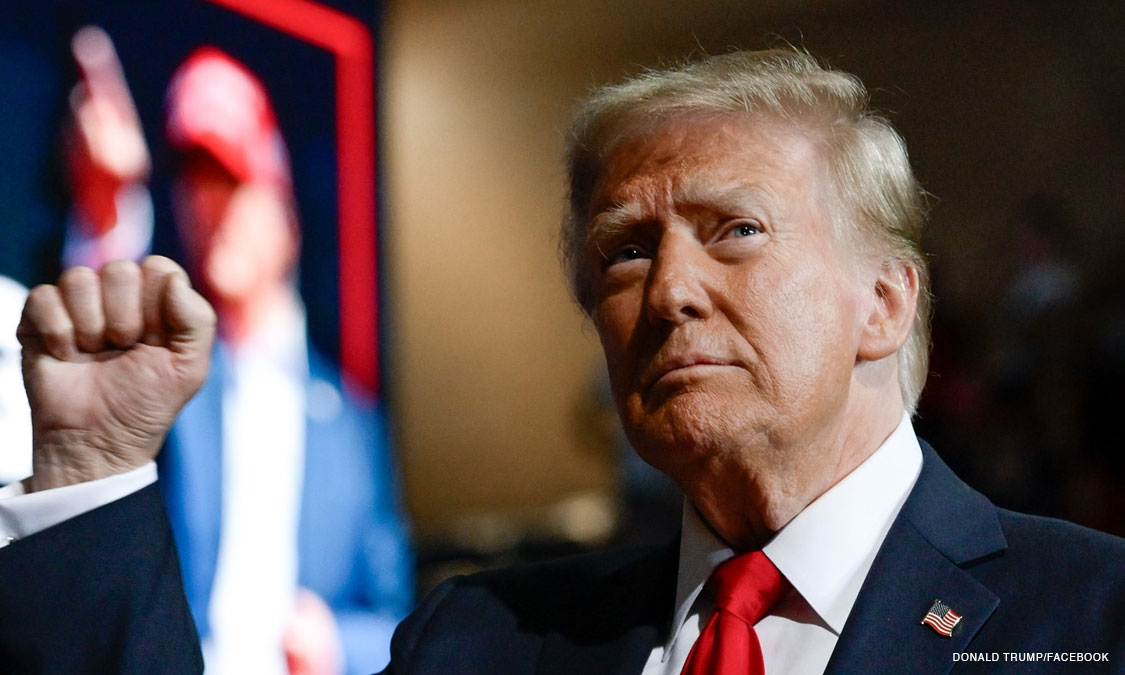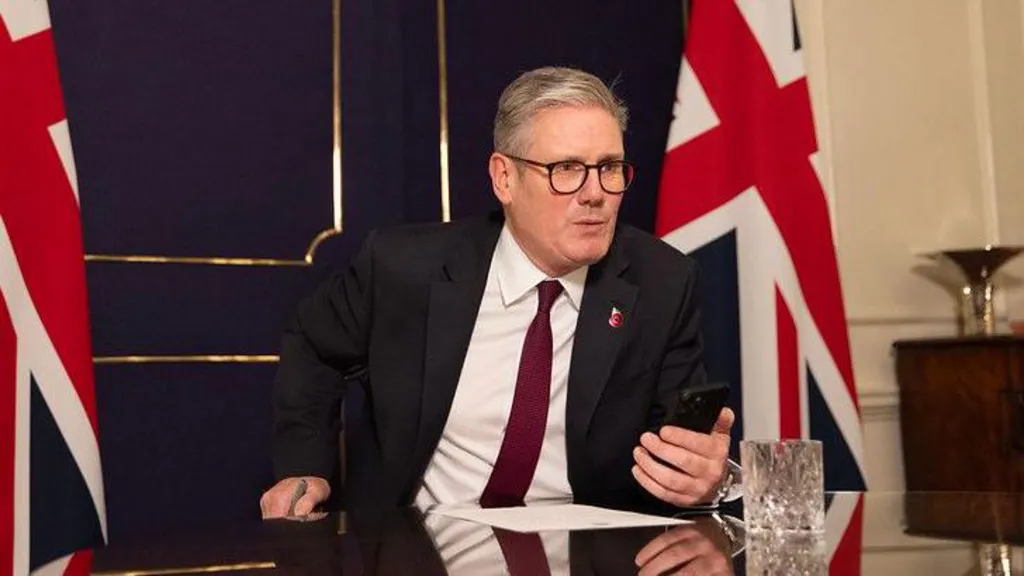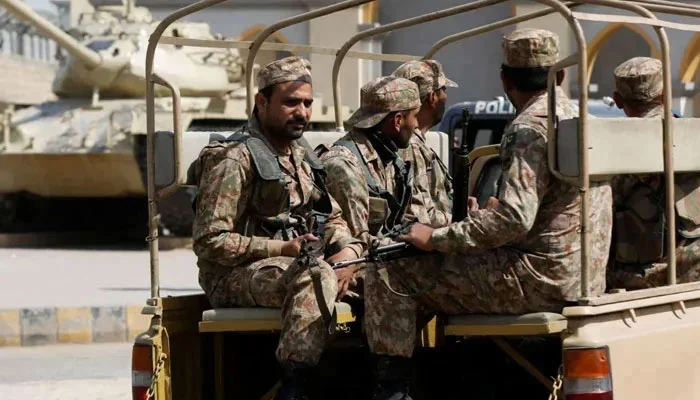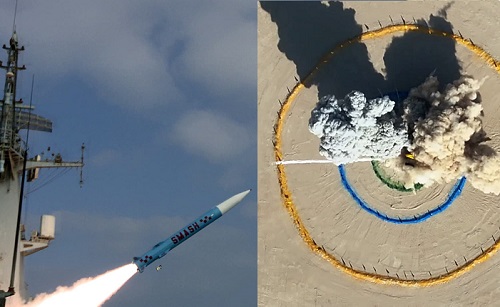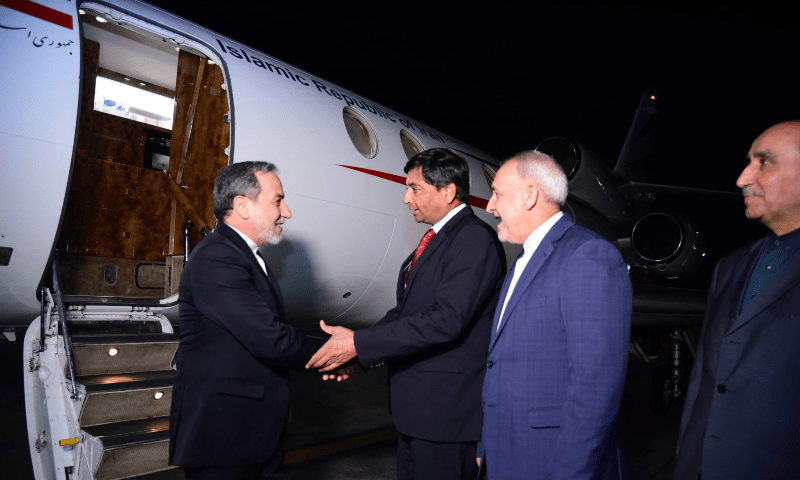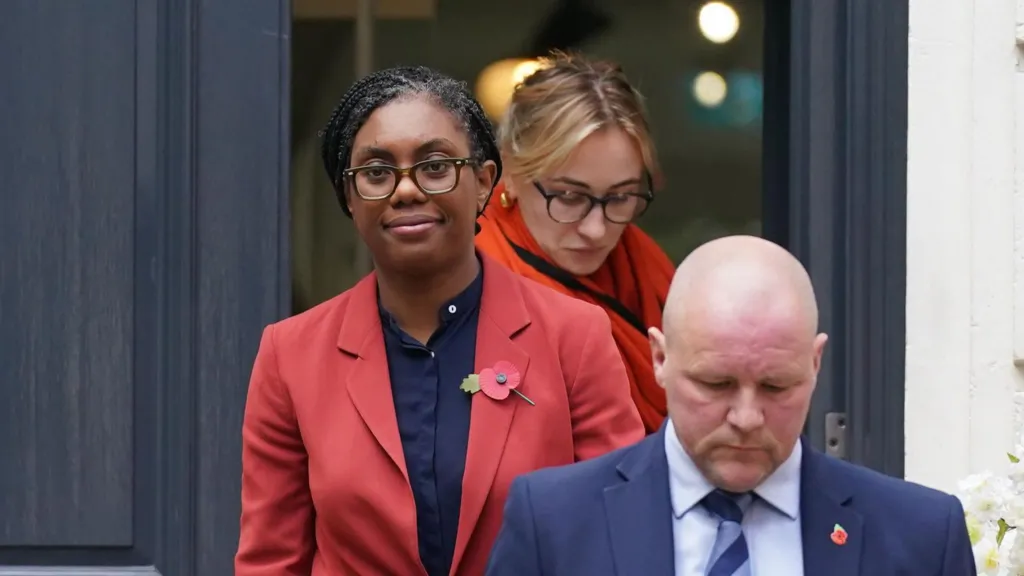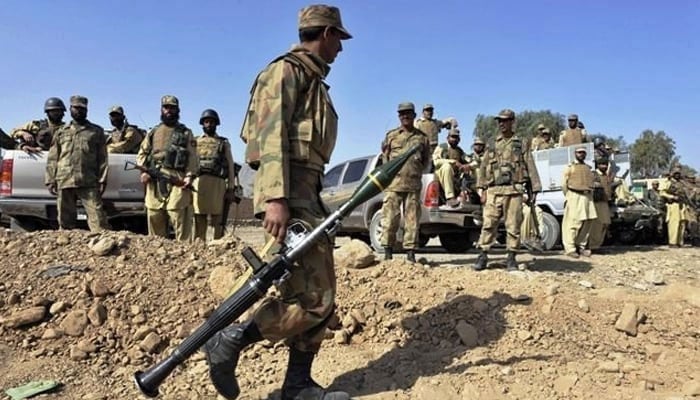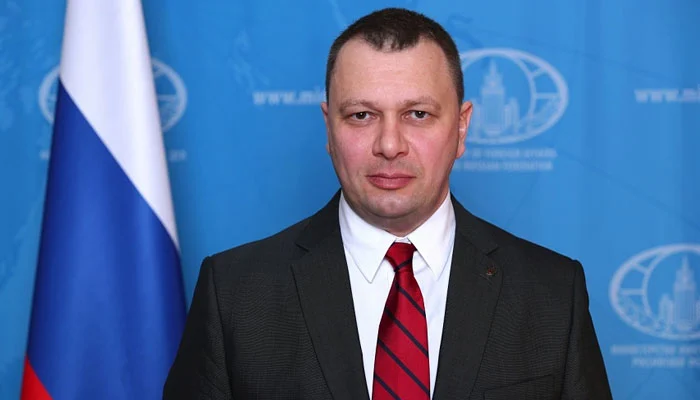BEIRUT: Israeli strikes on Lebanon killed at least 38 people around the eastern city of Baalbek in the Bekaa Valley on Wednesday, according to the regional governor, and at dusk more strikes hit Beirut’s southern suburbs.
Israel and Hezbollah have exchanged fire for over a year in parallel with the Gaza war but fighting has escalated since late September, with Israeli troops intensifying bombing on swathes of Lebanon’s south and east and making ground incursions into border villages.
Around 40 Israeli strikes on the Baalbek-Hermel governorate killed 38 people and wounded 54, governor Bachir Khodr said on X. The Israeli military did not comment.
Israeli strikes have also battered Hezbollah strongholds in the southern suburbs of the capital Beirut. At least four strikes targeted the area on Wednesday after the Israeli military ordered residents to evacuate from several locations.
There was no immediate report on casualties or details on what was hit. The attack happened shortly after Hezbollah secretary general Naim Qassem said he did not believe that “political action” would bring about an end to hostilities. He said there could be a road to indirect negotiations if Israel stopped its attacks.
“When the enemy decides to stop the aggression, there is a path for negotiations that we have clearly defined — indirect negotiations through the Lebanese state and Speaker (of parliament Nabih) Berri,” Qassem said.
Rescuers dig for survivors
More than 3,000 people have been killed in Israeli strikes on Lebanon over the last year, the vast majority in the past six weeks.
Lebanese rescuers scoured a destroyed apartment building in the town of Barja south of Beirut for bodies or any survivors after an Israeli strike on Tuesday evening that killed 20 people there, Lebanon’s health ministry said.
Moussa Zahran, who lived on one of the upper floors of the building, returned to sift through the ruins of his home. His burned feet were wrapped in gauze and his son and wife were in hospital after being wounded in the strike.
“These rocks that you see here weigh 100 kilos, they fell on a 13 kilo kid,” he said, referring to his son and the apartment wall that had collapsed onto him during the strike. It was not clear if the strike targeted a member of Hezbollah. There was no evacuation warning ahead of the air raid.
Hezbollah claimed a slew of attacks on Wednesday, including two that targeted naval bases near the Israeli city of Haifa and two near Tel Aviv.
Hezbollah fighters “targeted the Stella Maris naval base northwest of Haifa with a salvo of high-quality missiles and a squadron of attack drones,” the group said in a statement.
It was the fourth attack on the base in as many weeks.
Later on Wednesday, Hezbollah said it launched “attack drones on the Haifa naval base in Haifa Bay, for the first time”. In the evening, it said it targeted a base south of Tel Aviv, also for the first time.
Hezbollah’s chief said Wednesday his group had tens of thousands of combatants ready to fight, adding that nowhere in Israel was off-limits to attacks.
“We have tens of thousands of trained resistance combatants” ready to fight, Naim Qassem said in a speech marking 40 days since his predecessor was killed. He also said nowhere in Israel would be “off-limits” to the group’s attacks. He said the results of the US presidential election will have no impact on any possible ceasefire deal.
“We don’t base our expectations for a halt of the aggression on political developments… Whether (Kamala) Harris wins or (Donald) Trump wins, it means nothing to us,” he said in a pre-recorded speech before Trump’s win was announced.
“What will stop this… war is the battlefield” he said, citing fighting in south Lebanon and Hezbollah attacks on Israel. The speech was Qassem’s second since he was named Hezbollah secretary-general last week.



